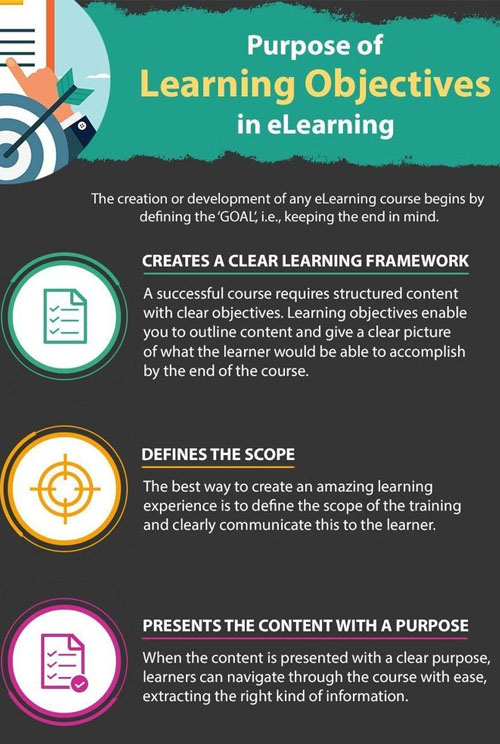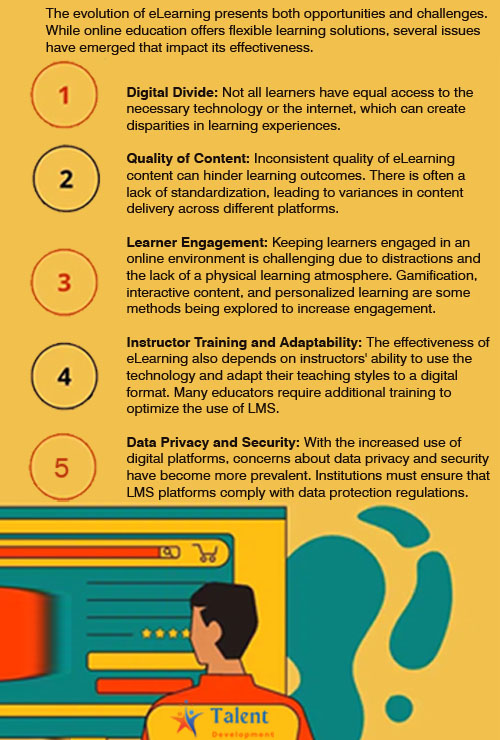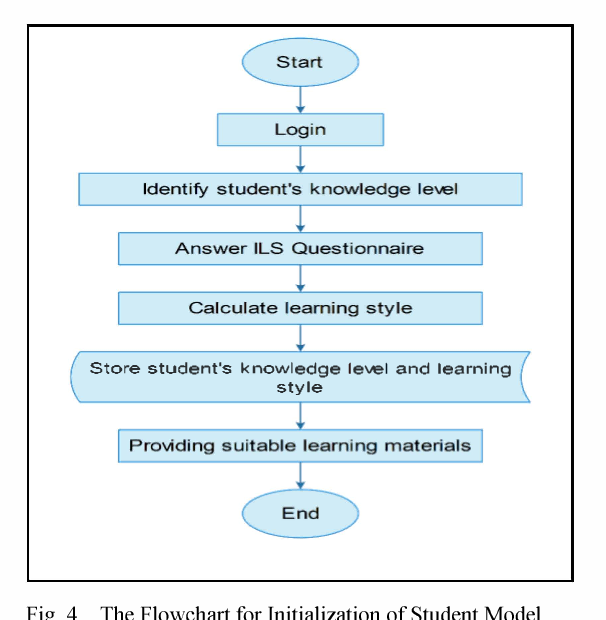Current Issues in Emerging eLearning
Abstract
The digitalization of education has significantly transformed the learning experience, with eLearning becoming a crucial aspect of modern education. This thesis explores the current issues in emerging eLearning, focusing particularly on the quality management of Learning Management Systems (LMS) from a user experience perspective. The research analyzes recent eLearning trends, evaluates LMS quality through user experiences, and offers recommendations for future improvements. Survey-based data collection and analysis were used to provide insights into user expectations and satisfaction levels. The findings highlight the importance of quality management and user-centric design in eLearning platforms.


Introduction
The adoption of eLearning has rapidly accelerated over the past decade, driven by technological advancements and a growing demand for flexible education. Learning Management Systems (LMS) have emerged as a core component in delivering online education, enabling institutions and corporations to manage, deliver, and track learning activities. Despite the proliferation of LMS platforms, quality management remains a significant challenge, particularly concerning user experience (UX). This thesis seeks to investigate the current issues in emerging eLearning, with an emphasis on evaluating LMS quality from the perspective of users. The study will examine existing trends, user satisfaction, and the future direction of LMS development.
Quality Management of Learning Management Systems – A User Experience Perspective
Quality management in LMS ensures platforms meet user needs and provide an optimal learning experience. The primary aspects of LMS quality management include content management, accessibility, usability, and technical reliability. From a user experience perspective, the quality of an LMS can significantly impact learning outcomes, engagement, and user satisfaction.
1. Content Management: The ability of an LMS to support various types of content (e.g., videos, documents, quizzes) and facilitate seamless content delivery is crucial. Effective content management ensures that learners have access to relevant and high-quality educational materials.
2. Accessibility: With the growing emphasis on inclusive education, accessibility is a fundamental quality measure. An LMS must cater to diverse learners, including those with disabilities, by adhering to accessibility standards such as the Web Content Accessibility Guidelines (WCAG).
3. Usability: Usability involves the ease with which users can navigate the LMS and accomplish tasks. A user-friendly LMS enhances learning by reducing frustration and cognitive load.
4. Technical Reliability: An LMS must be technically stable, with minimal downtime, bugs, or errors. Reliability directly affects the user’s trust in the platform and their willingness to engage in online learning.
The quality management of LMS from a user experience perspective requires a comprehensive approach that includes ongoing user feedback, regular updates, and continuous testing to improve the platform’s overall quality.


Current Issues in Emerging eLearning
The evolution of eLearning presents both opportunities and challenges. While online education offers flexible learning solutions, several issues have emerged that impact its effectiveness.
1. Digital Divide: Not all learners have equal access to the necessary technology or the internet, which can create disparities in learning experiences.
2. Quality of Content: Inconsistent quality of eLearning content can hinder learning outcomes. There is often a lack of standardization, leading to variances in content delivery across different platforms.
3. Learner Engagement: Keeping learners engaged in an online environment is challenging due to distractions and the lack of a physical learning atmosphere. Gamification, interactive content, and personalized learning are some methods being explored to increase engagement.
4. Instructor Training and Adaptability: The effectiveness of eLearning also depends on instructors’ ability to use the technology and adapt their teaching styles to a digital format. Many educators require additional training to optimize the use of LMS.
4. Data Privacy and Security: With the increased use of digital platforms, concerns about data privacy and security have become more prevalent. Institutions must ensure that LMS platforms comply with data protection regulations.
Through Users’ Eyes – Evaluating Learning Management Systems
Evaluating LMS quality from the perspective of users provides valuable insights into the platform’s effectiveness. User feedback, often collected through surveys and user testing, can highlight areas for improvement.
1. User Satisfaction Surveys: Regular surveys can measure satisfaction levels concerning content quality, usability, and support services. This information helps identify pain points and areas where the LMS may fall short of user expectations.
2. Usability Testing: This involves observing how users interact with the LMS to identify usability issues. Usability testing can reveal design flaws or navigation problems that may hinder the learning experience.
3. Feedback Loops: Establishing continuous feedback loops ensures that user input is considered in future updates. This approach fosters a culture of user-centered design, where platform improvements are driven by actual user needs.


Recent Trends and the Emergence of UX in eLearning
The user experience has become a key focus in eLearning, with platforms increasingly prioritizing user-centric design. Several trends are shaping the future of UX in eLearning:
1. Microlearning: This trend involves delivering content in small, digestible segments that are easier for learners to absorb. Microlearning aligns with user preferences for quick, on-demand content.
2. Mobile Learning: As mobile device usage continues to rise, LMS platforms are adapting to offer mobile-friendly interfaces. Responsive design and mobile apps allow users to access learning materials from anywhere.
3. Artificial Intelligence (AI) and Personalization: AI enables personalized learning experiences by analyzing user data to recommend relevant content and adapt learning paths. AI-driven chatbots also provide instant support to users.
4. Gamification: Incorporating game-like elements such as points, badges, and leaderboards can enhance user motivation and engagement.
5. Learning Analytics: The use of data analytics to track learner progress and behavior helps institutions make data-driven decisions to improve the quality of eLearning.
Methodology – Design of the Survey
The research employs a survey-based approach to gather data on user experiences with LMS. The survey design focuses on assessing the quality management aspects of various LMS platforms, including usability, content delivery, and overall satisfaction. The survey questionnaire includes both closed and open-ended questions to capture quantitative and qualitative data.
1. Participant Selection: The survey targets a diverse group of LMS users, including students, instructors, and administrative staff, to gain a holistic view of the LMS quality.
2. Questionnaire Design: Questions are structured to cover various dimensions of LMS quality, such as content quality, system reliability, ease of navigation, and support services.
3. Data Collection: The survey is distributed through email invitations, social media, and educational forums to reach a broad audience.


Data Analysis and Results
The data collected from the survey are analyzed using statistical methods to identify trends and correlations.
1. Quantitative Analysis: Descriptive statistics, such as mean scores and frequency distributions, are used to summarize the survey results. Correlation analysis may be applied to explore relationships between different aspects of LMS quality.
2. Qualitative Analysis: Responses to open-ended questions are analyzed using thematic analysis to identify common themes and user concerns.
The results indicate that while many users are satisfied with the content and mobile accessibility of LMS platforms, there are ongoing issues related to usability, engagement, and technical support. Many users expressed a need for more interactive content and better technical stability.
Interpretation of Findings and Future Research
The survey findings suggest several areas where LMS platforms can improve:
1, Enhancing Usability: The results highlight the need for user-friendly interfaces and intuitive navigation. Future LMS designs should focus on simplifying workflows and minimizing clicks required to accomplish tasks.
2. Improving Content Quality: Users have indicated a desire for higher-quality content and more diverse learning materials. Incorporating multimedia elements and adaptive content could address these concerns.
3. Addressing Technical Issues: Ensuring technical stability and prompt support services is essential for maintaining user trust. Regular updates and robust testing protocols can help achieve this.
4. Increasing Learner Engagement: Gamification, interactive elements, and personalized learning experiences can make eLearning more engaging. Future research could explore the impact of these strategies on different learner demographics.


Future Research
While this thesis has explored several key issues in LMS quality management, future research could expand on various aspects:
1. Longitudinal Studies on LMS Quality: Tracking user satisfaction over time could provide insights into how LMS improvements impact user experiences in the long run.
2. Comparative Studies Across Different LMS Platforms: Comparing user experiences across different LMS platforms could reveal the unique strengths and weaknesses of each system.
3. Exploring AI-Driven Personalization: Future studies could investigate the effectiveness of AI-driven personalization in improving learning outcomes and user satisfaction.
4. Accessibility and Inclusivity in LMS: More research is needed to evaluate how well LMS platforms cater to learners with special needs.
Conclusion
Emerging eLearning presents significant opportunities for enhancing education, but quality management remains a crucial challenge, particularly from a user experience perspective. The findings of this thesis underscore the importance of designing user-centric LMS platforms that prioritize usability, content quality, and technical reliability. As eLearning continues to evolve, incorporating trends like AI-driven personalization, mobile learning, and gamification will be essential for meeting the changing needs of learners. Continuous research and feedback-driven development will be vital to ensuring the ongoing improvement of LMS platforms and the overall quality of online education.
We offer solutions like Talent Development Software, LMS for colleges, LMS for schools, LMS for corporations, and LMS for businesses, ensuring organizations have the tools they need to create a culture of learning and development. As the market evolves, Talent Development LMS remains committed to empowering organizations to adapt and thrive by providing comprehensive solutions that cater to diverse learning needs across industries.


